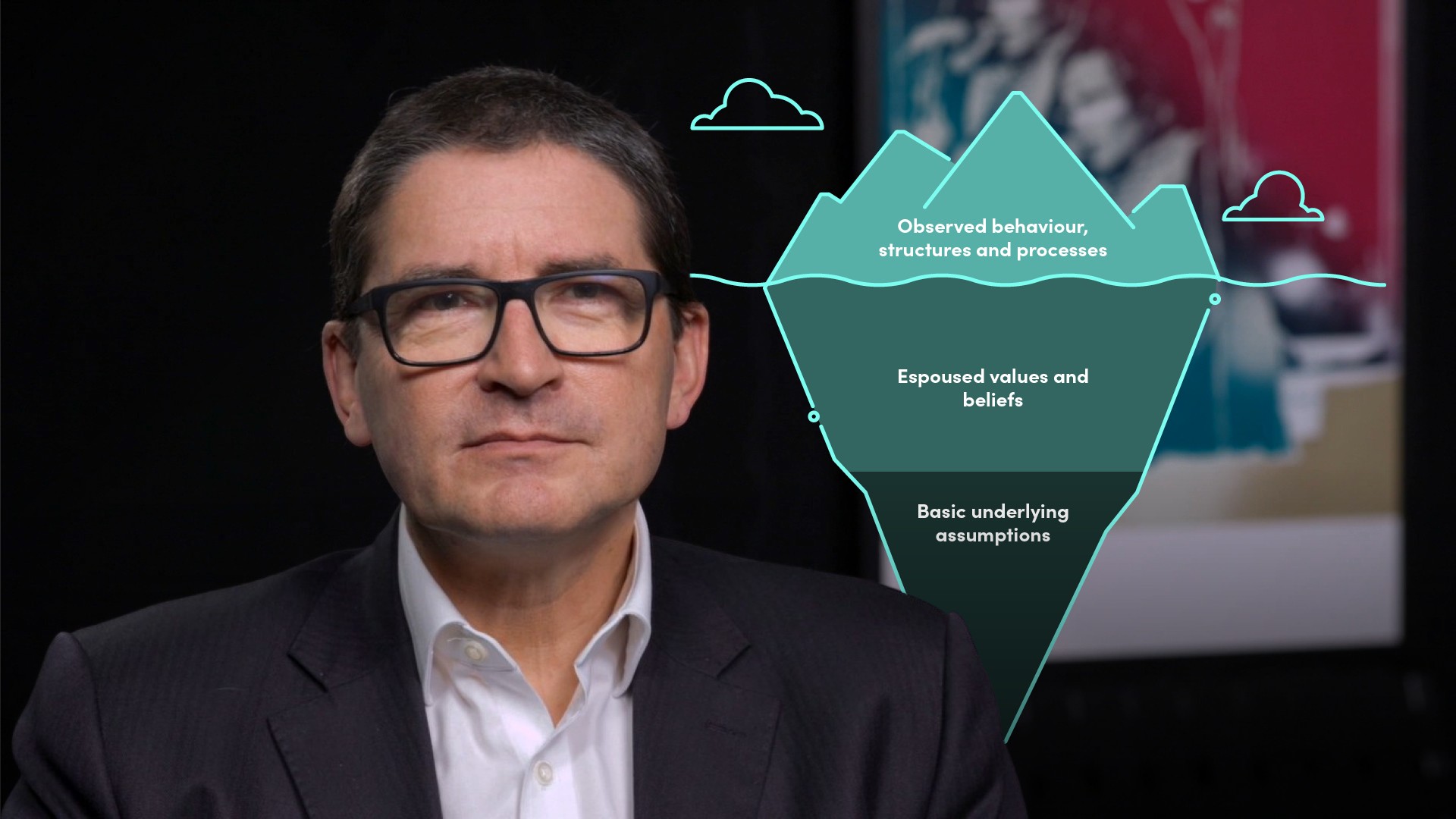
The Importance of the Firm's Purpose for Culture

Roger Miles
25 years: Behavoural science & conduct
In this video, Roger explains the tools that help organisations understand their culture. He also introduces a ‘culture dashboard’ concept which usefully pulls together conduct, culture and purpose, all while complying with reporting regimes for senior managers.
In this video, Roger explains the tools that help organisations understand their culture. He also introduces a ‘culture dashboard’ concept which usefully pulls together conduct, culture and purpose, all while complying with reporting regimes for senior managers.

The Importance of the Firm's Purpose for Culture
12 mins 40 secs
Key learning objectives:
Identify the Do’s and Don'ts of solving the purpose challenges
Outline the two key points of culture reporting
Outline the bad habits of misconduct listed by the FCA
Overview:
From the second half of 2021, conduct regulator culture assessments are becoming a routine part of conduct assessment. Conduct regulators are challenging firms to frame ‘purposeful culture’ and report on this in their conduct and culture assessments. In this video Roger helps us explore some tools that help us to work out how best to do this.
Do’s and Don'ts of solving the purpose challenges
- Do’s- Look at old sources of information in new ways - Ask intelligent questions about data-gathering assumptions
- Don'ts- Listen to advisors with a vested interest in repackaging conventional audit-based offerings
- Conduct regulators want to see firms thinking for themselves, not ‘outsourcing’ culture initiatives to external firms
- You already have much of the raw material you need for culture reporting
What are the bad habits of misconduct listed by the FCA?
- Misaligned incentives - This means in its plainest form, rewarding mis-selling
- Negative ideologies - People’s loyalties mostly set by their need to ‘belong’ in their team, no matter what
- Moral evasion - This is when people “justify away” something dodgy that they’ve just done
- Selective attention - This is only looking at the things that it suits you to look at; clinging to processes and controls that you know don’t really work
- Lack of challenge - This one means that there’s no sign of anyone ever putting a hand up to question anything
- Contagious rule-breaking - This is where there are little habits of “cutting corners” or “workarounds” that, over time, morph into full-on breaking of the rules
- Overconfidence - This come is three kinds:- You think you know what you're doing (even if you don't) - You think you won't get caught (detection denial) - You think that even if you do get caught, any penalty won't hurt

Roger Miles
There are no available Videos from "Roger Miles"

